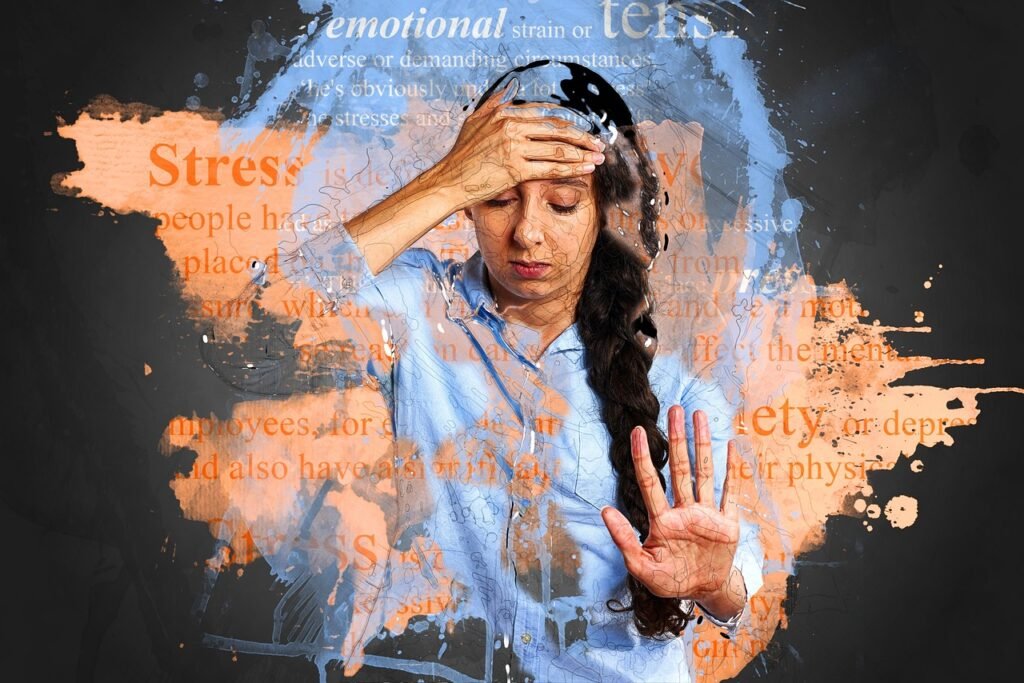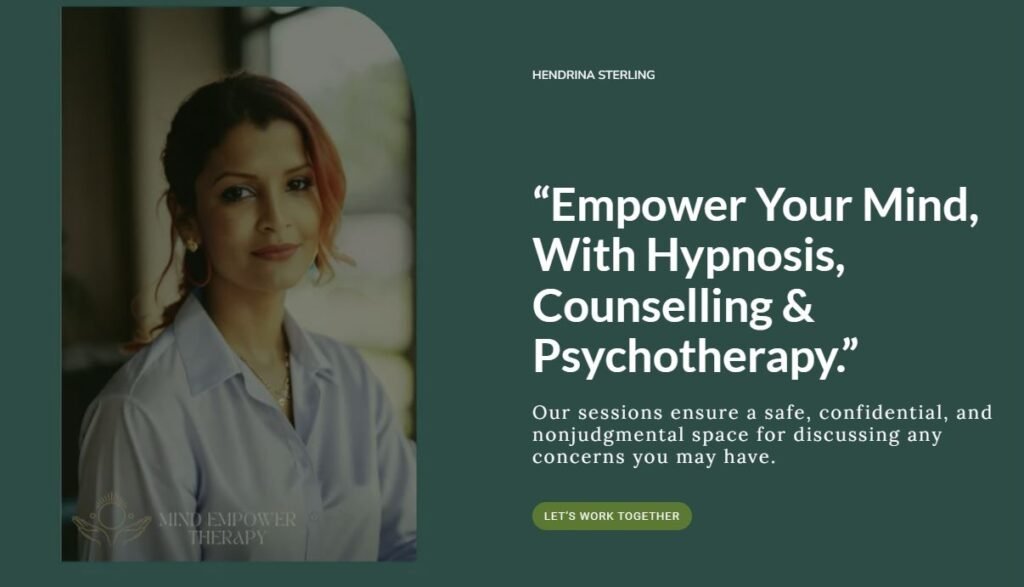Anxiety disorders are among the most common mental health conditions affecting individuals worldwide. They can significantly impact daily life, making it challenging to engage in activities, maintain relationships, and fulfill responsibilities. In this article, we’ll provide a comprehensive overview of anxiety disorders, their symptoms, causes, and effective treatment options to help you better understand how to manage and seek support for these challenges.
What Are Anxiety Disorders?
Anxiety disorders are characterized by excessive fear or worry that is difficult to control. Unlike normal feelings of anxiety, which are temporary and related to specific situations, anxiety disorders involve persistent and intense feelings that can interfere with daily life. There are several types of anxiety disorders, including:
- Generalized Anxiety Disorder (GAD): Chronic, excessive worry about various aspects of life, such as health, finances, and social interactions.
- Panic Disorder: Recurrent panic attacks, which are sudden episodes of intense fear accompanied by physical symptoms like heart palpitations, sweating, and dizziness.
- Social Anxiety Disorder: Intense fear of social situations where one might be judged or scrutinized by others.
- Specific Phobias: Irrational fear of specific objects or situations, such as heights, spiders, or flying.
- Obsessive-Compulsive Disorder (OCD): Intrusive thoughts (obsessions) and repetitive behaviors (compulsions) performed to alleviate anxiety.
- Post-Traumatic Stress Disorder (PTSD): Develops after experiencing or witnessing a traumatic event, leading to flashbacks, nightmares, and severe anxiety.
Symptoms of Anxiety Disorders
Symptoms of anxiety disorders can vary widely but typically include:
Emotional Symptoms:
- Persistent worry or fear
- Irritability
- Difficulty concentrating
- A sense of impending doom or danger
Physical Symptoms:
- Increased heart rate
- Sweating
- Trembling or shaking
- Fatigue
- Sleep disturbances
- Gastrointestinal issues
Recognizing these symptoms is crucial for understanding when professional help may be necessary.
Causes of Anxiety Disorders
While the exact cause of anxiety disorders is not fully understood, they often result from a combination of genetic, environmental, and psychological factors:
- Genetics: A family history of anxiety or other mental health disorders can increase the likelihood of developing an anxiety disorder.
- Brain Chemistry: Imbalances in neurotransmitters, such as serotonin and dopamine, may contribute to anxiety.
- Trauma and Stress: Experiencing trauma or significant stress, either in childhood or adulthood, can trigger anxiety disorders.
- Personality Traits: Certain traits, such as being easily overwhelmed or having low self-esteem, may make individuals more susceptible to anxiety.
Treatment Options for Anxiety Disorders
There are effective treatment options for anxiety disorders that involve a combination of therapies, medication, and lifestyle changes. Here are some key treatment methods:
1. Psychotherapy
Cognitive Behavioral Therapy (CBT) is one of the most effective therapies for anxiety disorders. It helps individuals identify and change negative thought patterns and behaviors that contribute to anxiety. Other therapies, such as exposure therapy or Acceptance and Commitment Therapy (ACT), may also be beneficial.
2. Medication
Medications can help manage anxiety symptoms, with common options including:
- Antidepressants: SSRIs (Selective Serotonin Reuptake Inhibitors) and SNRIs (Serotonin-Norepinephrine Reuptake Inhibitors) are often prescribed.
- Benzodiazepines: These provide short-term relief from acute anxiety but carry a risk of dependence.
- Beta-Blockers: Often used to manage physical symptoms, particularly in social situations.
3. Lifestyle Changes
Incorporating healthy lifestyle changes can significantly reduce anxiety levels:
- Regular Exercise: Physical activity boosts mood and reduces anxiety.
- Balanced Diet: A healthy diet rich in fruits, vegetables, and lean proteins positively affects mental health.
- Adequate Sleep: Prioritizing good sleep hygiene is crucial for managing anxiety.
4. Mindfulness and Relaxation Techniques
Practicing mindfulness, meditation, and relaxation techniques can help manage anxiety in daily life. Deep breathing, yoga, and progressive muscle relaxation are excellent tools for reducing stress and promoting calm.
5. Support Groups
Joining support groups can provide a sense of community and understanding. Sharing experiences with others facing similar challenges can be empowering and validating.
Conclusion
Anxiety disorders can significantly affect daily life, but they are manageable with the right treatment and support. Understanding anxiety and recognizing its symptoms is the first step toward seeking help. If you or someone you know is struggling with anxiety, it’s important to reach out to a mental health professional who can guide you toward effective treatment and support.ember, you’re not alone, and there are effective treatments available to help you regain control of your life.
Take Action for Your Mental Health Today
Don’t let anxiety control your life. Seeking help is a courageous first step toward taking back control and finding peace. At Mind Empower Therapy, I’m here to support you on your journey toward managing anxiety and improving your overall well-being. Whether through personalized therapy sessions, stress-reduction techniques, or simply gaining clarity about your mental health, we can work together to create a plan tailored to your needs.
Reach out today to book a session and start your journey toward a healthier, more balanced life. Remember, you’re not alone, and there are effective treatments available to help you thrive.




Leave a Reply